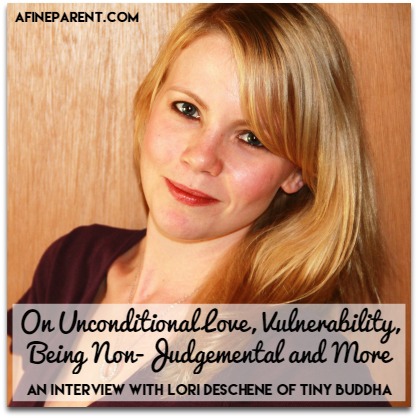 Have you even met someone who seem like they are very different from you, but before you know it, they touch your life in irrevocable ways and inspire you to be a better version of yourself?
Have you even met someone who seem like they are very different from you, but before you know it, they touch your life in irrevocable ways and inspire you to be a better version of yourself?
One such person in my life is Lori Deschene.
Lori is the founder of Tiny Buddha, a site I frequent for the touching stories about life, love and healing shared authentically by people just like you and me.
During a particularly rough patch in my life, a mentor suggested I should find a creative outlet. Knowing my love for Tiny Buddha, he asked “Why don’t you write for Tiny Buddha?”
It was well before I started this blog.
I just laughed.
I’m not a writer. Millions of people read Tiny Buddha. Surely Lori, the founder of the site, is too busy to even consider an article from an amateur like me.
The idea was just absurd.
After much dragging of feet though, I decided to give it a shot anyway.
Just as I expected, Lori turned down my article.
What I didn’t expect however was how gentle she was about the rejection, and how encouraging she was that I should try again.
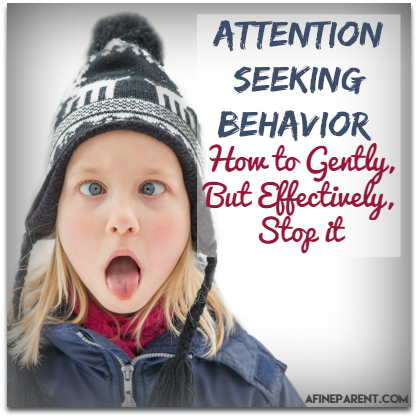 Isn’t it frustrating when your child resorts to attention-seeking behavior and nothing you do seems to snap them out of it?
Isn’t it frustrating when your child resorts to attention-seeking behavior and nothing you do seems to snap them out of it?
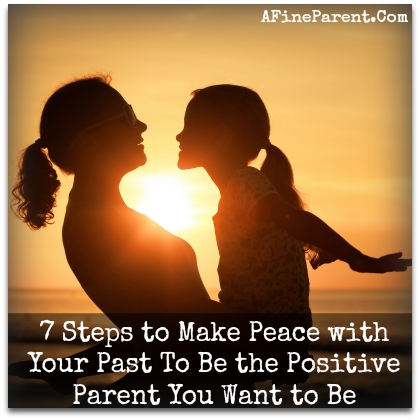 Can you think of the most negative person that you know?
Can you think of the most negative person that you know?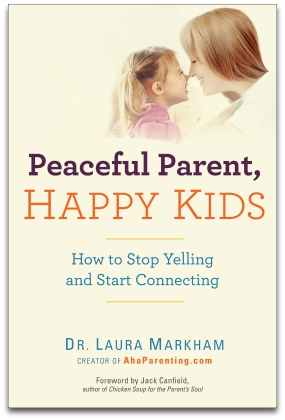
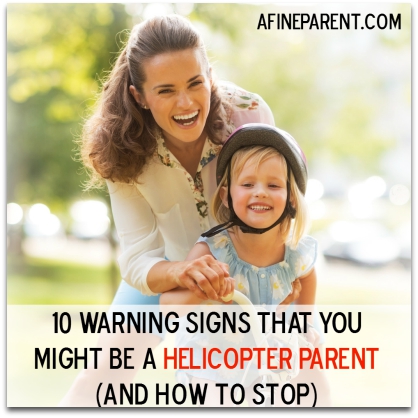 Isn’t it amazing how you turn out to be exactly the kind of parent you swore you would never become?
Isn’t it amazing how you turn out to be exactly the kind of parent you swore you would never become?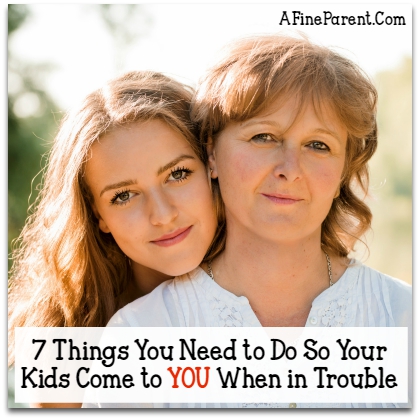 Right now, your child trusts you. You are the source of all good things. She knows if she hurts herself or is hungry or needs information, she can ask you for help.
Right now, your child trusts you. You are the source of all good things. She knows if she hurts herself or is hungry or needs information, she can ask you for help.